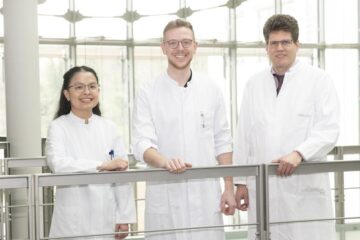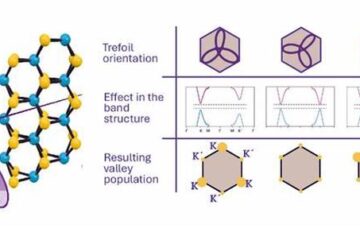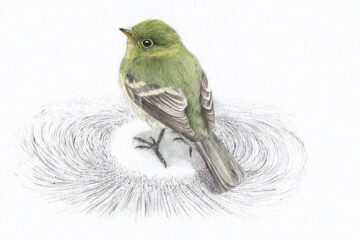New technique to study the genetics of breast cancer

The University of Nottingham has received £15,000 from the charity Breast Cancer Campaign to fill in one of the research gaps identified by the country’s top breast cancer experts in a recent study carried out by the charity. The aim is to identify the many undiscovered genes thought to be involved in the early stages of breast cancer.
The grant awarded to Ian Ellis, Professor of Cancer Pathology, is part of £2.3 million awarded to 20 projects around the UK. Professor Ellis said: “Thanks to funding from Breast Cancer Campaign I hope to develop a technique which would allow the genetic information of many thousands of breast samples to be studied which would be of huge importance in understanding the genetic changes that occur in early breast cancer.”
It is known that breast cancer can develop when the genes in breast cells change and stop working properly. Inherited defects in genes account for around five to 10 per cent of all breast cancers but all forms of breast cancer have acquired gene defects during their initial stages of development and many of these genes are yet to be discovered. These defective genes can lead to physical changes in the breast cancer cell resulting in breast cancer.
The earliest physical sign of a normal breast cell developing into one common type of breast cancer is the presence of a flat atypical epithelial (FEA) cell. Professor Ellis will study the genes in the FEA cells to identify which ones are involved in the very earliest stages of breast cancer.
Pamela Goldberg, Chief Executive, Breast Cancer Campaign, said, “Every year breast cancer kills 12,500 women in the UK. It is therefore vital that we identify new genes involved in breast cancer development so that women who inherit these faulty genes and are therefore at higher risk of breast cancer, can be monitored at an early stage.”
Media Contact
All latest news from the category: Life Sciences and Chemistry
Articles and reports from the Life Sciences and chemistry area deal with applied and basic research into modern biology, chemistry and human medicine.
Valuable information can be found on a range of life sciences fields including bacteriology, biochemistry, bionics, bioinformatics, biophysics, biotechnology, genetics, geobotany, human biology, marine biology, microbiology, molecular biology, cellular biology, zoology, bioinorganic chemistry, microchemistry and environmental chemistry.
Newest articles

Targeted use of enfortumab vedotin for the treatment of advanced urothelial carcinoma
New study identifies NECTIN4 amplification as a promising biomarker – Under the leadership of PD Dr. Niklas Klümper, Assistant Physician at the Department of Urology at the University Hospital Bonn…

A novel universal light-based technique
…to control valley polarization in bulk materials. An international team of researchers reports in Nature a new method that achieves valley polarization in centrosymmetric bulk materials in a non-material-specific way…

How evolution has optimised the magnetic sensor in birds
The magnetic sense of migratory birds is probably based on the protein cryptochrome 4, and a genetic study has now provided further support for this theory. A team of researchers…





















